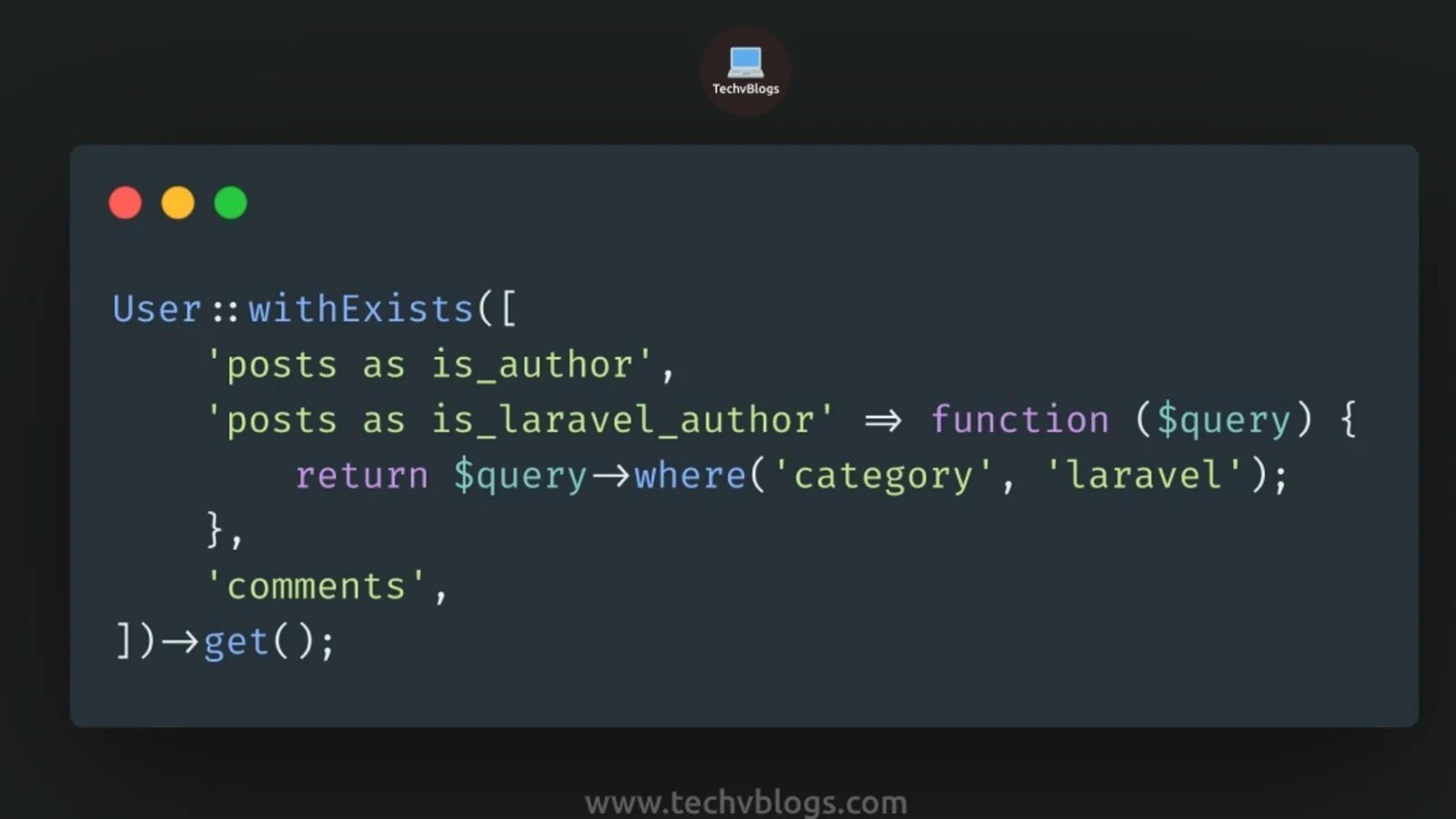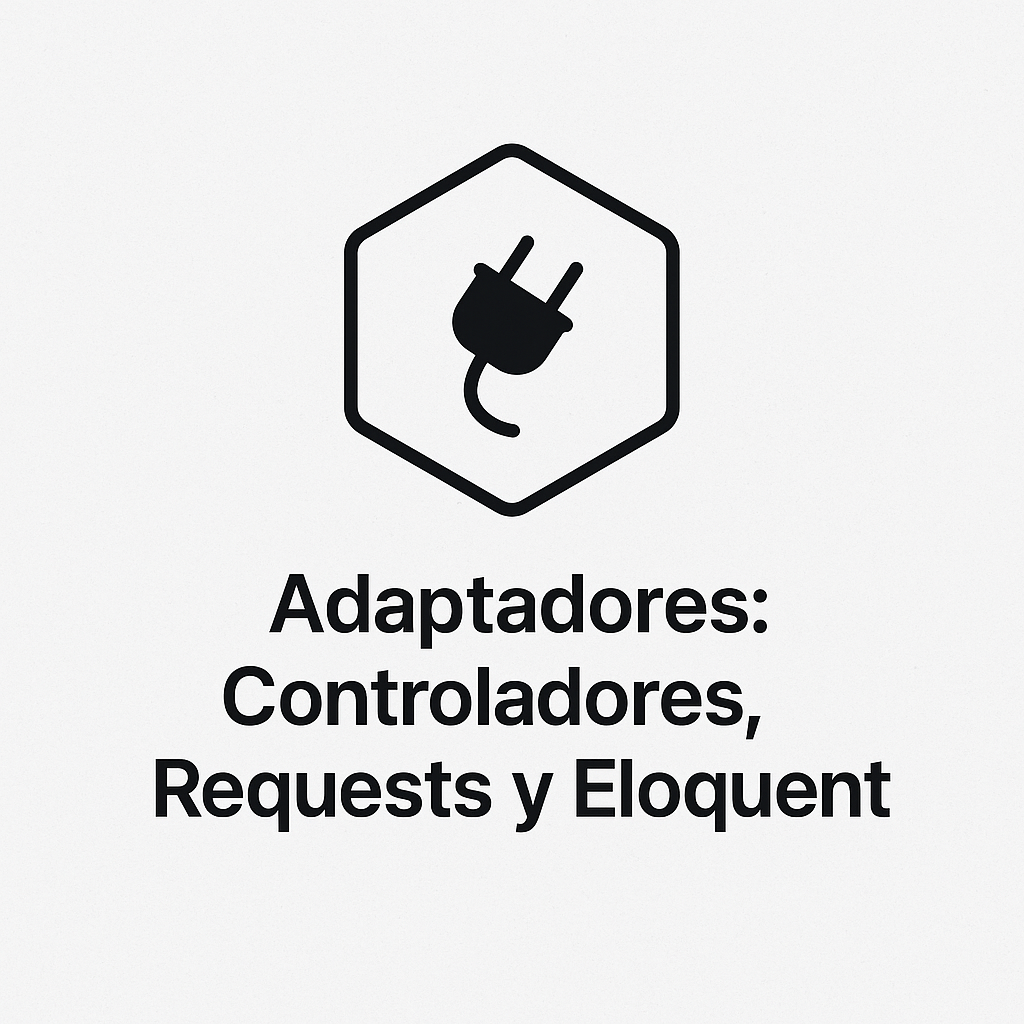Certainly! Here are some tips for working with Laravel Eloquent
- Understand Plural and Singular Naming Convention:
Eloquent automatically assumes that database table names are plural and model names are singular. If you need to specify a different table name in your model, you can do so using the $table property in the model.
protected $table = 'my_custom_table';
- Use Eloquent Relationships:
Eloquent makes it easy to define relationships between models. Utilize hasOne, hasMany, belongsTo, belongsToMany, etc., to simplify queries and retrieval of related data.
- Eager Loading:
Employ eager loading to efficiently load related relationships and avoid N+1 problems. This is done using the with() method in your queries.
$posts = Post::with('comments')->get();
- Leverage Scope Queries:
"Scopes" are methods in models that allow you to reuse common queries, improving readability and maintainability.
public function scopePublic($query) {
return $query->where('status', 'public');
}Then, you can use the scope like this:
$publicPosts = Post::public()->get();
- Date Handling:
Eloquent provides methods to work with dates, such as whereDate, whereMonth, whereYear, orderBy, etc., to facilitate date-related queries.
$todayPosts = Post::whereDate('created_at', now()->toDateString())->get();
- Model Validation:
Use Eloquent's validation rules to ensure your data meets the required criteria before saving it to the database.
public static $rules = [
'title' => 'required|max:255',
'body' => 'required',
];
- Utilize Model Observers:
Model observers allow you to respond to model events, such as creating, updating, or deleting, and execute specific actions. This helps keep your business logic separated from your models.
public static function boot() {
parent::boot();
static::creating(function ($model) {
// Logic to execute before creation
});
}
- Customize Primary Keys and Timestamp Fields:
If your tables use custom primary key column names or timestamp fields, you can specify them in your model.
protected $primaryKey = 'my_id';
const CREATED_AT = 'creation_date';
const UPDATED_AT = 'update_date';
- Transactional Control:
Eloquent supports database transactions. You can use DB::beginTransaction(), DB::commit(), and DB::rollback() to handle transactions safely.
- Use Raw Database Queries Sparingly:
While Eloquent is powerful, there are situations where you may need to use raw database queries. Use them sparingly and ensure you guard against security issues and SQL injection. Eloquent already provides a security layer.
These tips will help you make the most of Eloquent in Laravel and develop web applications more efficiently and securely!




